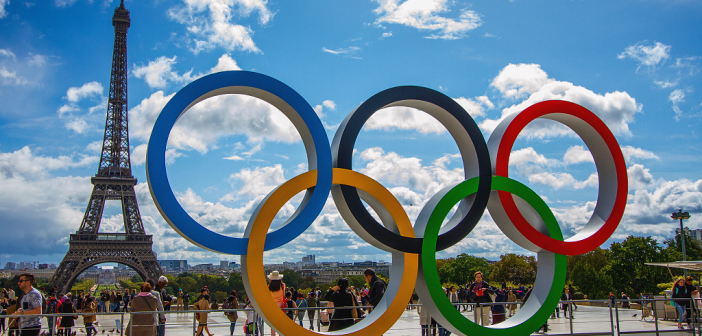The 2024 Summer Olympics in Paris have been marked by an unexpected letdown for India, a nation with a rapidly growing sports infrastructure and increasing investments in athlete development. As the Games progress, India’s performance so far has been far from the anticipated high standards, raising questions about the country’s approach to preparing its athletes for the world’s biggest sporting event.
The Current Medal Tally
As of early August 2024, India has yet to secure a single gold medal and has only managed to win a handful of bronze and silver medals. This starkly contrasts with the nation’s previous Olympic performances, where India saw an upward trajectory, with a record number of medals in Tokyo 2020. In Tokyo, India achieved its highest-ever medal count with a total of seven medals, including one gold, two silver, and four bronze. The disheartening performance in Paris suggests a potential regression rather than progression.
Key Areas of Disappointment
Athletics
Athletics was anticipated to be one of India’s stronger suits, with several athletes showing promise in the lead-up to the Games. However, the performance of Indian track and field athletes has been underwhelming. Star sprinter Neeraj Chopra, who won gold in the men’s javelin throw in Tokyo, failed to secure a podium finish in Paris. His struggle with injuries and form issues was evident, leading to a disappointing fifth-place finish.
Similarly, Indian runners in events such as the 800m and 1500m, where there was significant optimism, also fell short of expectations. The lack of competitive performance in these events reflects a broader issue in India’s athletics sector, where there seems to be a disconnect between potential and execution on the global stage.
Wrestling
Wrestling has been another major disappointment. India has traditionally been strong in this sport, with wrestlers like Vinesh Phogat and Bajrang Punia having shown exceptional prowess in international competitions. However, both Phogat and Punia struggled in their respective weight categories, with neither securing a medal so far. Phogat, in particular, faced a controversial disqualification in her quarterfinal bout, which compounded the disappointment.
Shooting
Shooting, once a stronghold for India, has also seen a notable decline in performance. The Indian contingent, which included prominent shooters like Manu Bhaker and Saurabh Chaudhary, failed to replicate their success from previous Games. Bhaker, in particular, was expected to be a medal contender in the women’s 10m air pistol event but was eliminated in the preliminary rounds.
Factors Contributing to the Underperformance
Several factors have been suggested to explain India’s disappointing performance in the 2024 Olympics:
- Injuries and Form Issues: Many athletes have faced injury issues leading up to the Games. Neeraj Chopra’s ongoing injury concerns and Vinesh Phogat’s controversial disqualification are prime examples of how unforeseen issues can derail an athlete’s performance.
- Preparation and Training: There have been criticisms regarding the preparation and training methodologies. Despite significant investments in sports infrastructure and athlete training, there seems to be a gap in translating these investments into Olympic success. The lack of proper high-altitude training facilities and inadequate support staff could be contributing factors.
- Mental and Psychological Pressure: The pressure of performing at such a prestigious event can take a toll on athletes. The added media scrutiny and high expectations can sometimes affect athletes’ performances negatively, a factor that may have played a role in the underwhelming results.
- Competitiveness: The level of competition at the Olympics has never been higher. Other nations have also ramped up their efforts in sports training and development, making it increasingly challenging for Indian athletes to secure top positions.
Looking Ahead
While the 2024 Olympics have not been kind to India so far, it is crucial to approach this performance as a learning opportunity rather than a definitive setback. The Indian Olympic Association (IOA) and sports authorities need to conduct a thorough analysis of the issues faced and work on addressing them in preparation for future events.
Investing in athlete mental health, refining training programs, and ensuring that athletes have access to top-notch facilities and support systems are critical steps moving forward. Additionally, a focus on long-term athlete development programs that go beyond immediate Olympic cycles could yield better results in the future.
Conclusion
India’s performance in the 2024 Olympics has been a sobering reminder of the complexities of competing at the highest level of international sport. The nation’s historic successes have set a high bar, but the current underperformance underscores the need for introspection and strategic enhancement in sports management. As the Games continue, there remains hope for Indian athletes to turn things around and achieve commendable results. For now, the focus should be on learning from this experience and preparing diligently for future challenges on the global sporting stage.






